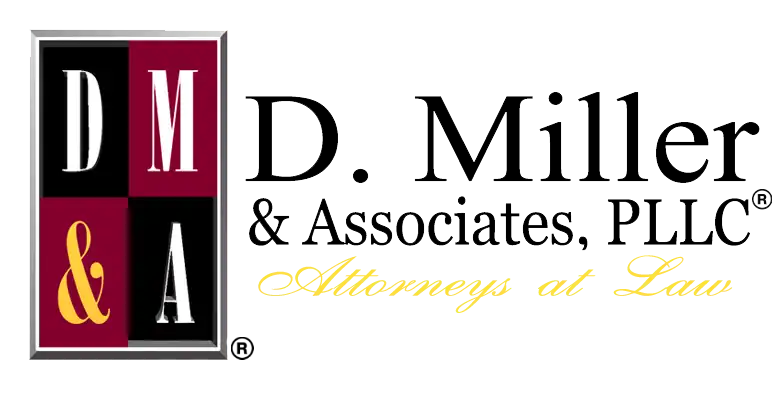Intended to repair hernias, the AlloDerm mesh patch has created problems for many patients. Numerous people faced painful complications and required revision surgery after a mesh graft made from cadaver cells failed to hold up after hernia repair procedures. To date, several hundred claimants filed lawsuits against AlloDerm and their parent company. They allege the patch is faulty and inappropriate for use in hernia repairs.
If you suffered a hernia recurrence, mesh failure, or required revision surgery after receiving an AlloDerm mesh patch during hernia surgery, you need the personal injury attorneys at D. Miller & Associates, PLLC, on your side. We can help you understand the nature of your injuries, and possibly recover compensation for the damages you suffered. Call us today at 713-850-8600 for a complimentary case evaluation with an AlloDerm hernia mesh lawsuit lawyer in Texas.
What Is the Problem With AlloDerm Hernia Mesh?
AlloDerm is a mesh made from cadaver skin, and treated using a process that removes all the donor’s cells. This decreases the likelihood of rejection, and makes the mesh more likely to work effectively. By using real skin, the mesh becomes a part of the recipient’s body quickly, populating with their cells in place of the donor’s removed cells. In theory, it should become a part if the recipient’s body in a short time. LifeCell, the manufacturer of AlloDerm, originally developed this mesh as an alternative to skin grafting. It is often successful in this application.
Eventually, however, LifeCell began marketing AlloDerm as a hernia patch. The mesh is not well-suited for this purpose. Many of those who received the mesh during hernia repair surgery later reported infections, patch stretching and tearing, perforations, and failure. Many patients suffered recurrence and even required revision surgery. Some continue to struggle with abdominal injuries and pain.
If you experienced any of these problems after undergoing an AlloDerm procedure, our attorneys can help. Using your medical records and other evidence, we will document your injuries and related costs. We can hold the manufacturer of this defective device responsible for your medical bills, lost wages, pain and suffering, and more.
Does the Research Match the Anecdotal Evidence Against AlloDerm Hernia Mesh?
There have not been any large-scale studies done to determine the outcomes of patients who received AlloDerm mesh patches for hernia repair. In a small 2008 study published in the medical journal Hernia, researchers found evidence of a significant increase in complications with these mesh products other hernia repair methods. In fact, this study found patients who received an AlloDerm implant during hernia surgery had a complication rate of 24 percent.
The study included 70 patients. One out of every five suffered at least one complication, while some suffered multiple problems. Twenty percent of the 70 patients suffered a hernia recurrence. Two suffered infections, and one rejected the mesh. Many of these patients required revision surgery to repair their hernia.
While this study was small, the results were striking. There has been no recall of AlloDerm products, but there have been some significant changes. AlloDerm and their parent company no longer market their mesh products for hernia repair.
What Is the Current Status of the AlloDerm Hernia Mesh Lawsuits?
LifeCell faces several hundred lawsuits alleging it marketed its mesh grafts for hernia repair without proper testing or approval. When used for hernia repair procedures, the AlloDerm Regenerative Tissue matrix stretched, perforated, and failed in a significant number of patients.
According to court documents, the plaintiffs stated that LifeCell promotes AlloDerm as a safe and effective product to use for hernia repair, despite the fact that the U.S. Food & Drug Administration (FDA) did not approve it for that use. Plaintiffs claim that, once implanted, this mesh expands, stretches, thins, sags, loosens, or dissolves, resulting in severe injuries to the hernia site.
They further claimed that LifeCell knew or should have known that the design, development, manufacturing, and testing processes for this device were not adequate. LifeCell’s marketing and advertising practices were also called into question, as was the company’s failure to warn patients of the dangers this product posed.
The courts consolidated hundreds of lawsuits related to AlloDerm hernia mesh in 2012. Superior Court Judge Jessica R. Mayer presided over this multidistrict litigation in New Jersey State Court. Following the pretrial proceedings and discovery process, the court selected several cases to serve as bellwether trials. Before these trials could get underway, however, Judge Mayer issued three summary opinions addressing the claims of four of the bellwether claimants. She dismissed the design defect and failure-to-warn claims, but refused to dismiss the claims for punitive damages.
Additional cases are still pending, and we may be able to file a lawsuit on your behalf to join them in requesting compensation from AlloDerm and LifeCell. If you suffered adverse effects and complications after receiving an AlloDerm mesh graft for hernia repair, you may be eligible to collect a payout to cover your related damages. We offer free case evaluations, and handle all these claims on a contingency basis. This means you pay nothing unless we recover compensation for you.
How Can I Talk to an AlloDerm Hernia Mesh Lawsuit Lawyer About My Case?
The legal team from D. Miller & Associates, PLLC, is standing by to take your call today. If you underwent hernia repair surgery and received an AlloDerm mesh graft, you faced an increased risk of complications. This includes the possibility of infection, perforation, failure, and hernia recurrence. If you suffered any of these adverse effects and required revision surgery, you may qualify to file a lawsuit against the manufacturers of this mesh product.
We offer free case evaluations and provide consultations to help you understand your legal options. Call our office at 713-850-8600 today to speak to an AlloDerm hernia mesh lawsuit lawyer about your case.

